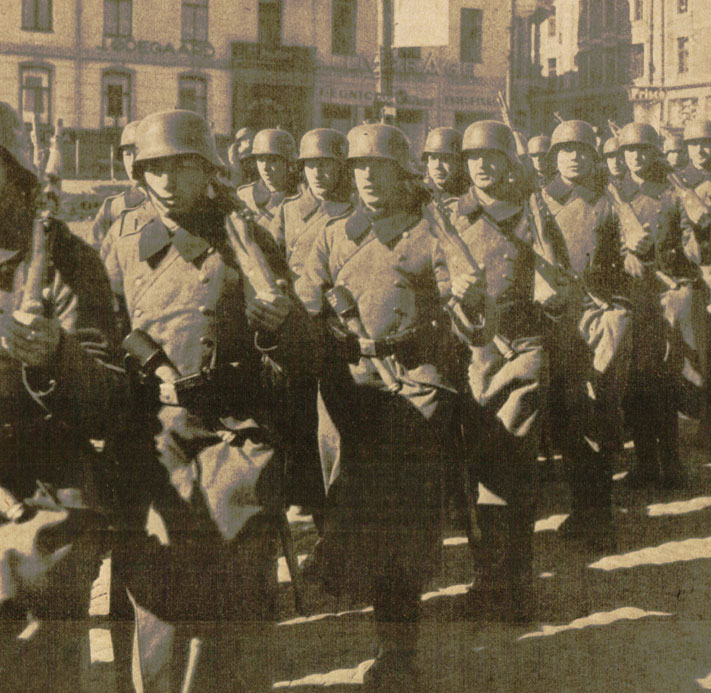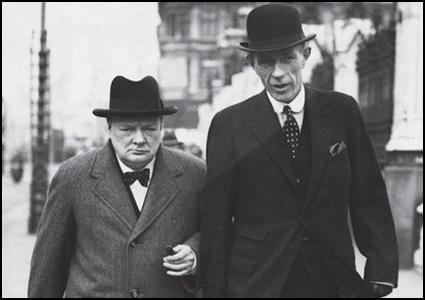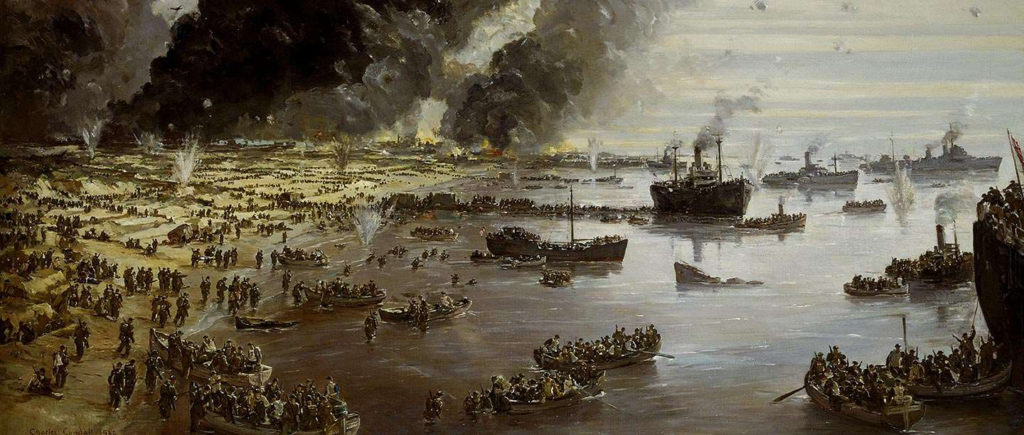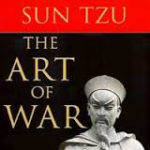Furious calamities like Hitler’s blitzkrieg at Dunkirk storm into our lives in a variety of ways.

Why not use Churchill’s survival moxie for our troubles?
On May 24, 1940, just two days before the evacuation of Dunkirk, the five member British War Cabinet convened in the bowels of London and debated the next step with Hitler.
Attending were Churchill, his war secretary Lord Halifax, Neville Chamberlain whom Churchill had replaced as Prime Minister 10 days earlier, Clement Attlee and Arthur Greenwood.
Europe was melting to Hitler’s blitzkrieg and Lord Halifax was scared.
“We had to face the fact that it was not so much now a question of imposing a complete defeat upon Germany but of safeguarding the independence of our Empire … We should naturally be prepared to consider any proposals which might lead to this, provided our liberty and independence were assured … If [Churchill] was satisfied that matters vital to the independence of this country were unaffected” would he be “prepared to discuss such terms?” Lord Halifax
In other words, Halifax thought it sane to consider surrender peacefully to Hitler.
But not Churchill!
And here is the moment where the free world was very well saved.
Think Instead of Blink
Churchill did not see any logic or wisdom in surrendering to Hitler.
Often criticized as belligerent, unreasonable, undependable and ill-dressed, Churchill was the polar opposite of the polished, posh and usually dependable Halifax.

Over the next few days, Churchill dueled Halifax over strategy while the others watched and chimed in sparingly.
Churchill not only refused to discuss “terms of peace” but, instead, demanded unity.
“Nations that went down fighting rose again, but those that surrendered were finished.” Winston Churchill
Just two days into the Cabinet’s meeting, Churchill ordered Operation Dynamo to rescue over 300,000 British troops surrounded at Dunkirk.
Thinking Outside the Nine Dots
Over 800 private boats ranging from merchant marine to fishing boats came to the rescue.

I can’t help but believe Churchill probed Sun Tzu’s classic, The Art of War.
Written in China over two and a half thousand years ago, the book is a strategic gem.
“The general who wins a battle makes many calculations in his temple before the battle is fought.” Sun Tzu, The Art of War, Ed. by James Clavell
It’s amazing how solutions and outcomes improve when one pauses and thinks.
Defining what “winning” really means can clarify purpose and rally the troops.
In this case, the troops became all of England and not just her trained soldiers.
“The victor realizes the conditions of victory first and then fights. The losing army fights first, then seeks victory.”
So, here is the lesson from Churchill at Dunkirk.
Don’t charge ahead until you have all available information.
But, once you do, recognize . . .
“the value of time—that is, being a little ahead of your opponent—has counted for more than either numerical superiority or the nicest calculations.” Sun Tzu
Hitler never imagined private citizens in fishing boats saving the British army.
Churchill did!
My next post will be “Eleven Resolutions to Energize an Imaginative Life.”
Join this ever growing blog and share your comments freely!


Good read and so true!
Eddie, Thanks for your comment! Steve
Steve
Inspirational!
Thank you
Steve, Affirmation appreciated! Thanks! Steve